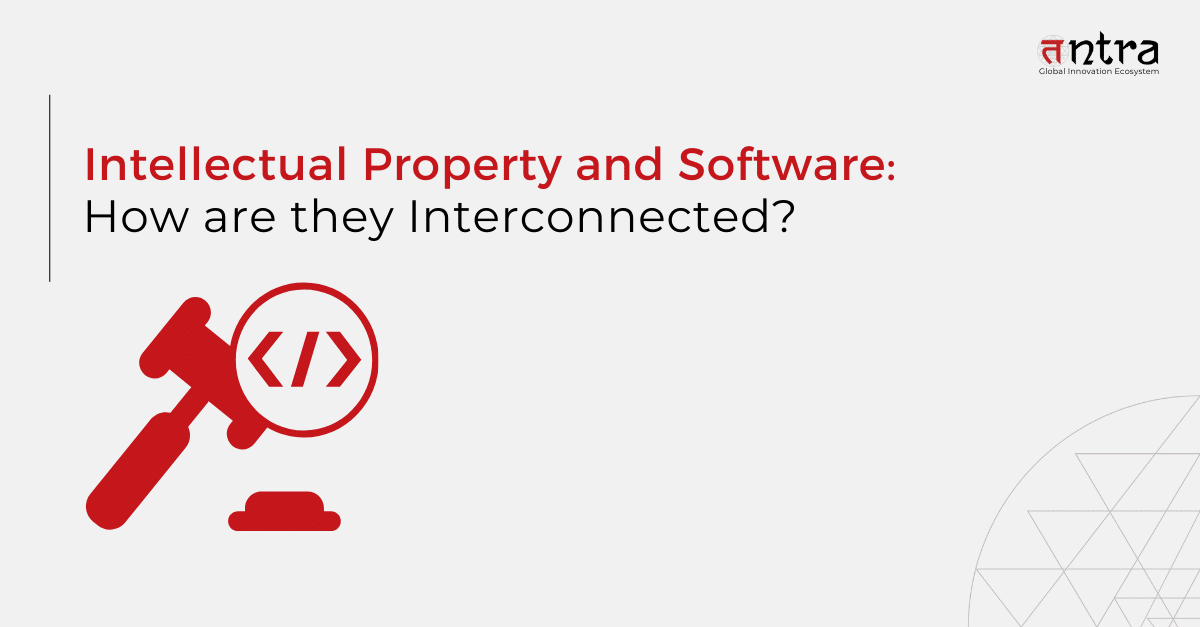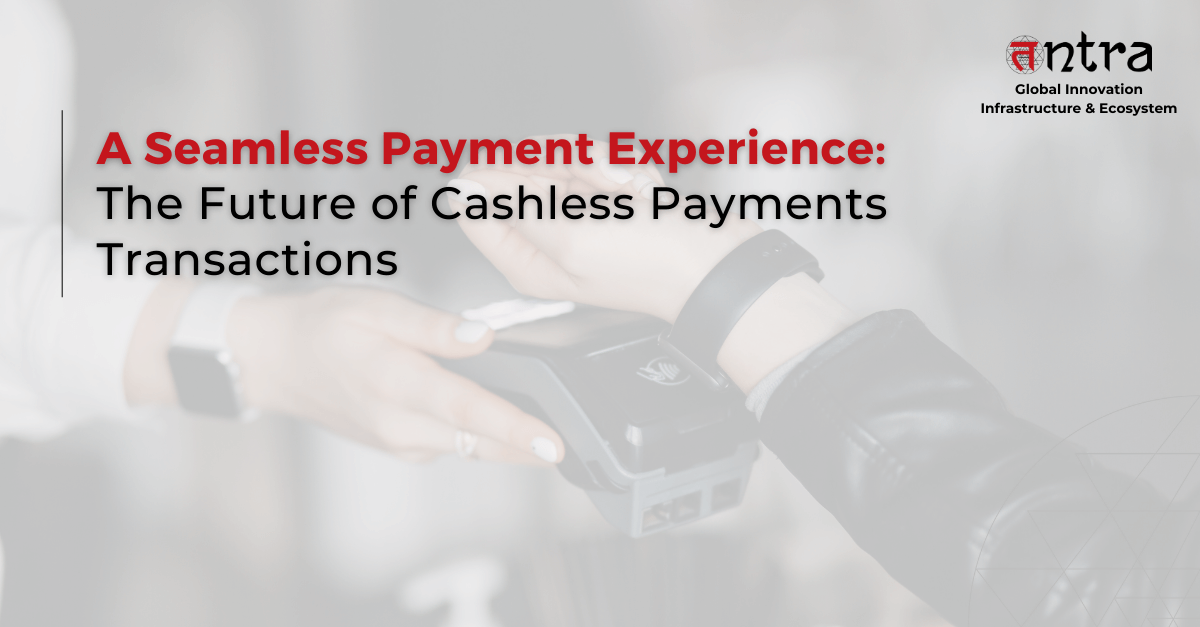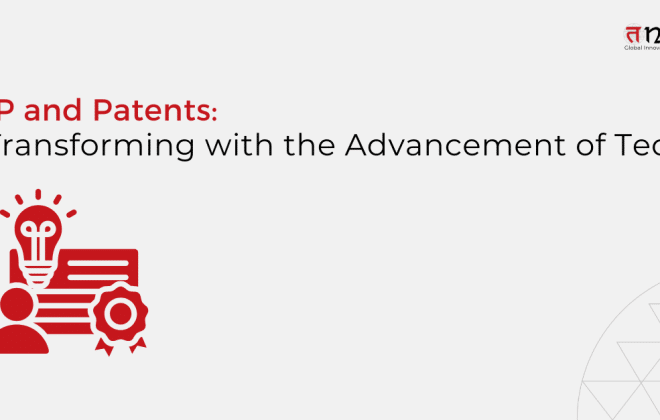
Intellectual Property and Software: How are they Interconnected?
Table of Contents
TogglePossessing intellectual property (IP) for your programme offers several benefits. Owning your own intellectual property (IP) allows you total control over usage, development, and data access, as opposed to depending on restricted license software. You can freely use your data, avoid vendor lock-in, and customize functionality. This gives companies the ability to meet objectives and adjust to shifting customer demands. Read this article to learn more about how software and intellectual property are interconnected.
Regarding its technological innovations, such as the speech recognition system Alexa, Amazon is the owner of multiple patents. Additionally, the business has copyrights and Intellectual Property (IP) to its software code, designs for websites, and other content.
Amazon has been able to extend its online empire and expand its main business thanks to intellectual property. For instance, Amazon has created a popular membership programme called Prime that offers members cheap shipping and first dibs on content.
No brand more perfectly embodies the importance of intellectual property (IP) to a business’s success than Apple. Apple’s IP Portfolio has an astounding 5,000 patents, 2,000 trademarks, and more than 1,000 copyrights, out of a potential 8,000 IP assets.
In order to safeguard the brand and its goods for economic gain, these intellectual property assets are exploited. Apple’s trademarks are estimated to be worth $182.7 billion globally, and they contribute to the company’s continued dominance in the digital space.
(Source: Halt)
The growing investment in Intellectual Property
Global patent applications increased by 1.7% in 2022. After increasing since 2010, there were about 272,600 worldwide PCT applications filed in 2023, a 1.8% decrease from 2022. The majority of PCT applications were filed by Chinese applicants. The top five origins were Germany, the US, Japan, and the Republic of Korea. In 2023, the top 10 nations accounted for 88.3% of all applications for different intellectual property types.
In 2023, China’s Huawei Technologies continued to be the leading worldwide PCT application filer. Samsung Electronics of South Korea, Qualcomm of the United States, Mitsubishi Electric of Japan, and BOE Technology Group of China came next. Eight of the top ten users were from North-East Asia.
The most successful US industries are those that largely rely on intellectual property strategy. He gave the example of the copyright-based industry. Data on intellectual property indicates that the US economy is growing and that many jobs are created by IPR-intensive companies. The average salary of the 5.6 million jobs created by these businesses was 38% higher than the average income of the US labour force.(Data on Patents and IP)
Intellectual Property: Driving Innovation in Software
In the realm of information technology, intellectual property rights protection is a significant and intricate subject. Protecting intellectual property rights has become crucial in the quickly evolving sector of information technology in order to foster innovation, uphold equity, and advance the industry.
Software copyright is a key component of intellectual property rights protection in information technology. Developers and owners can safeguard their apps, programmes, and source code from improper use, duplication, and unauthorized usage by using patent application for your invention. Software copyright laws should be applied and followed in order to promote the creation of new goods and services and to provide an equitable environment in which creators can profit from their inventiveness.
- Protecting intellectual property rights in the information technology sector is another important function of patents. With the use of a patent IP portfolio, people and/or organizations can register and safeguard their novel ideas, cutting-edge technologies, and sophisticated procedures. By means of patent licensing, inventors can limit who can duplicate, use, or distribute their creations, giving them the chance to investigate and make money off of their ideas.
- In the information technology sector, industrial design is also crucial for safeguarding intellectual property rights. The preservation of a product’s form, pattern, and design components is included in industrial design. In addition to fostering an equitable environment where designers can profit from their innovation, the registration and protection of industrial designs aid in preventing unauthorized duplication or usage of developed items.
- Because inventors are more willing to share their products and innovations when they know they will be able to retain their intellectual property rights, protecting intellectual property typically encourages technical breakthroughs. Since more innovations result in greater advancement, society as a whole benefits. The right to property is essential to finance. Compared to tangible assets, a company’s intangible or intellectual property often accounts for far over half of its worth. Software is an example of an ethereal product that doesn’t truly fulfill its intended function unless legal safeguards give it a more tangible value.
Benefits of owning Software Intellectual Property (IP)
Having intellectual property provides you more power over the course of your company. By using proprietary software, you give up control to an uninterested vendor and expose yourself to uncontrollable circumstances. Business-critical software is now necessary for almost all businesses to function, compete, and expand. If you are a business owner or manager at any software product engineering company, you are aware that software is a crucial part of your intellectual property (IP) and can be the difference between success and failure.
- No restrictions on usage
The use of intellectual property is severely limited by many software licences. There could be restrictions on how many users, how many instances, and other things. There can also be restrictions on integrations or even regions. Furthermore, even though you can pay extra to have many of these limits lifted, you still have less control. All of these limitations vanish if you own your intellectual property. You are in charge of deciding how many users can engage with an application, as well as when and where to implement it. The regulations for the use of your intellectual property are yours to write. - Control the development process
The commercial goals that proprietary software product engineering solutions providers are obligated to uphold may be in stark contrast to your own. The needs of their customers may be neglected as a result of vendor mergers or acquisitions. It is possible for the programmes you use to be frozen in development or to be sunsetted, frequently with no notice. These problems disappear when you own your intellectual property. You are free to alter your software whenever and however you like, and you won’t be negatively impacted by an abrupt stoppage or forced movement of your programme. - Secure access to data
Even if your license recognizes your data ownership, that data may be locked in proprietary formats that require vendor assistance for access – along with associated fees or extraction or normalization. Or the architecture could be locked down to the extent that access is difficult and expensive. Either way, your data is held hostage. But by owning your software IP, these data hazards can be avoided. You can easily access your data and use it in any way that you see fit. And the value of your data IP is protected
The Bottom Line
When you own your IP or software patent, the development objectives can match exactly with your business objectives and can adapt to them as circumstances change. You don’t end up with bloatware weighed down with features that you don’t need while lacking key features that solve your unique problems or help exploit a new opportunity.
A leading expert in all facets of custom software development, Tntra provides IP-based product engineering solutions and services for multiple domains and industries. We have experience working with organizations of various shapes and sizes, from start-ups to large MNCs operating in a variety of industries.
Kickstart your software journey with Tntra today. Book a FREE CONSULTATION call!





